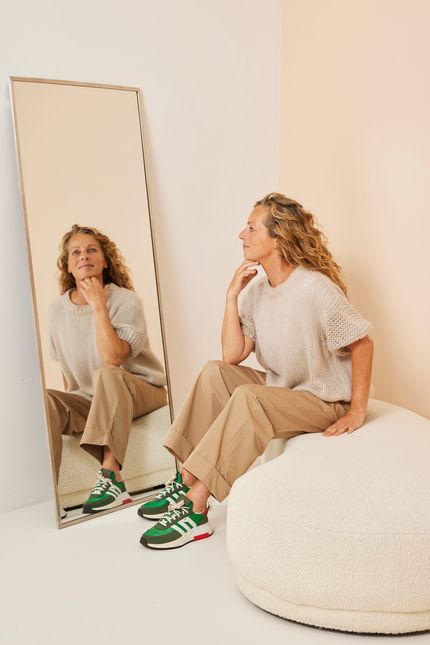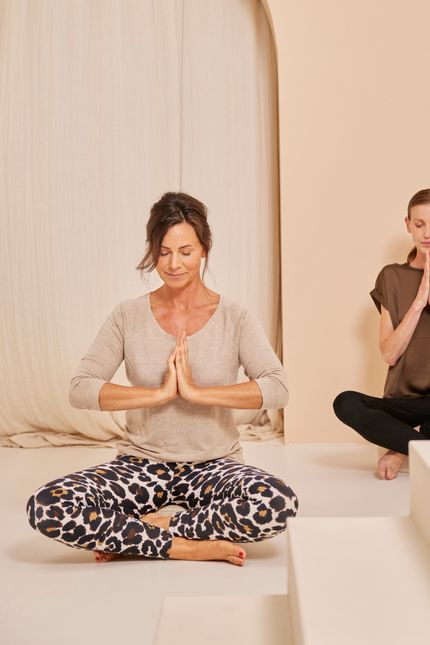

Are hot flashes making your menopausal years miserable? Here’s what can you do!
You're in a meeting when suddenly you feel an intense wave of heat come over you. There’s no mistaking it. The rush of heat rises from your chest to your neck and head. You can feel your heart beating. You start sweating so profusely that it's embarrassing. While pulling a handkerchief out of your bag, you look around the room to see if anyone has noticed. If only the floor could open up and swallow you. Why do hot flashes always come at the worst possible times?
If this scenario resonates with you, take solace in knowing that you're not alone: as many as 8 in 10 women going through menopause have hot flashes. For some women, they are so severe that they are truly disruptive to day-to-day life. Here’s our advice on how to deal with them.
Menopause-related hot flashes
Though hot flashes are harmless, they can have an enormous impact on your life. It’s important to know that every woman's experience with menopausal hot flashes is different. Hot flashes can vary in terms of frequency and duration. They can last a few minutes, or they can persist for extended periods. Some women suffer from hot flashes for several months, others for years.
The first thing you need to keep in mind is that you may lose a lot of fluid when you have a hot flash, so you need to stay hydrated. Drink several large glasses of water or herb tea each day.
What does a hot flash feel like?
Every woman's experience with menopausal hot flashes can vary. Typical symptoms of hot flashes are:
- Night sweats
- Sudden feeling of feverish warmth
- Heart palpitations
- Cold tremors
- Red face and neck
- Nausea
- Headache
- Agitation
What is happening in your body?
What is actually happening in your body when you have a hot flash? During menopause, levels of oestrogen in your body start to fluctuate and then decline. This mixes up the signals that are sent to your brain and to which the pituitary gland responds. The pituitary gland is a hormone-secreting gland in the brain that is responsible for regulating a variety of biological functions, including body temperature.
When this gland gets a signal that your body is overheating, it responds by doing everything it can to balance your body’s temperature. This causes blood vessels throughout the body to dilate, releasing heat. As a result, your skin will feel cold and clammy, and you will start sweating.
What helps with hot flashes?


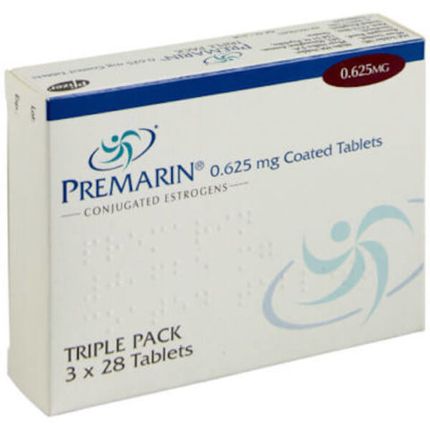
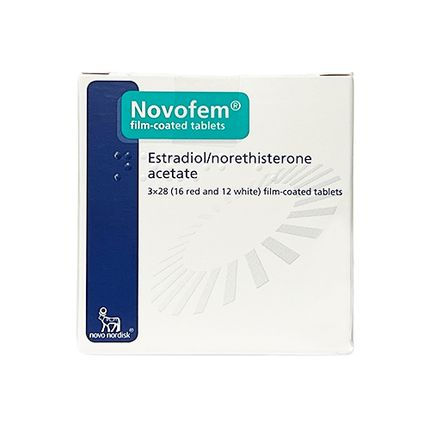
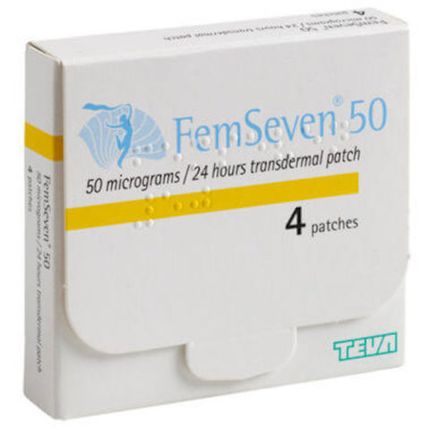

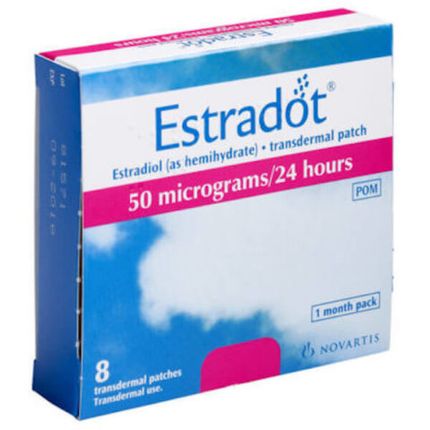

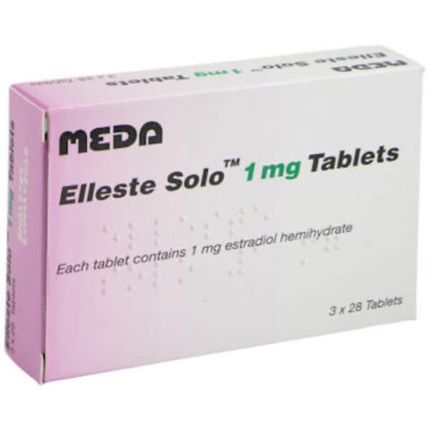
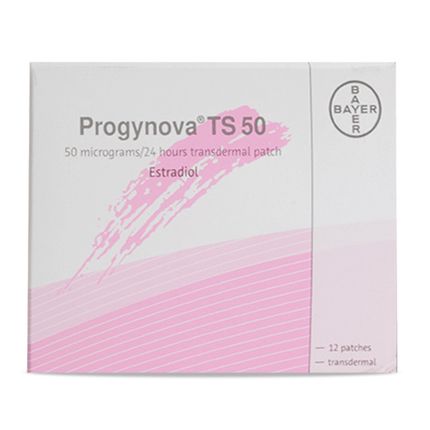
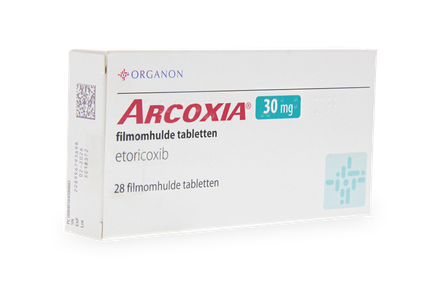
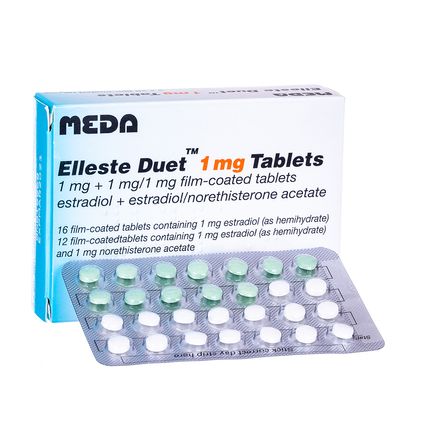
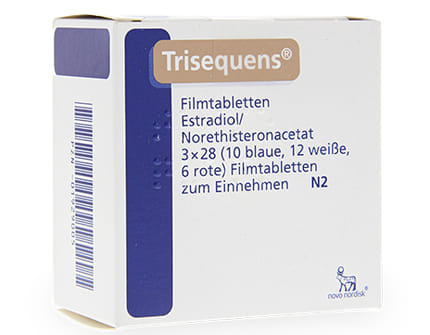
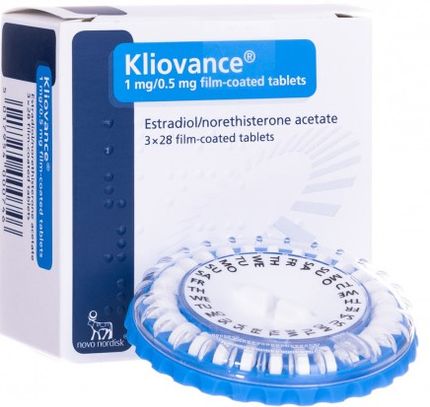
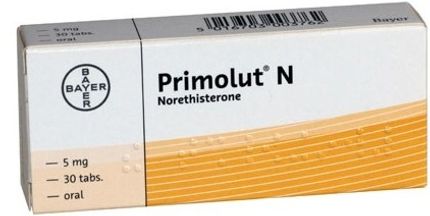
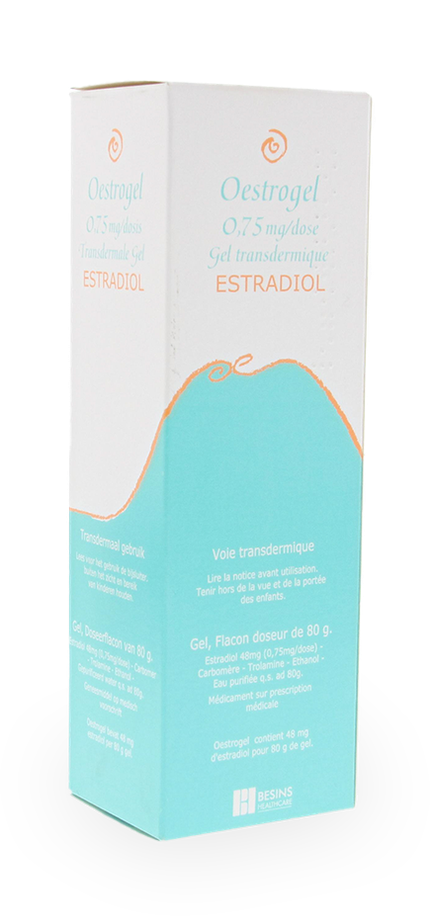
What can you do about hot flashes?
You don't have to be at the mercy of your hot flashes. There’s a lot you can do to reduce the frequency and intensity of your hot flashes.
1. Avoid triggers
There are factors that can trigger hot flashes. So, the first thing you want to do is avoid these triggers as much as possible. You’ll notice the difference immediately.
- Alcohol
- Sugar
- Spicy foods
- Smoking
- Weight gain
- Stress
- Xenoestrogens
One more thing about alcohol and hot flashes
Many women drink one or several glasses of wine a day. A glass of wine can be relaxing and pleasurable, especially after a busy day at work.
This is all very understandable. But wine is also one of the most common triggers of hot flashes. Try to find another way to relax: go for a walk around the block after work, or listen to music at top volume and dance away your stress (yes, this really works!). It may take some getting used to, but the benefits are worth it.
2. Pay attention to your diet and lifestyle
Minding what you eat and making time for relaxation can be very helpful in relieving hot flashes. Here are some tips:
- Eat unprocessed foods and avoid processed foods (any food that has been cooked, canned, frozen, preserved or packaged).
- Eat fatty fish, such as sardines, mackerel or herring, twice a week. Are you vegan or vegetarian? Make sure your diet contains enough alpha-linolenic acid (ALA). Walnuts, green leafy vegetables and linseed are good sources of ALA. You can also consider taking a high-quality algae supplement.
- Eat plenty of fibre-rich foods such as fruit, vegetables, seeds and kernels.
- Opt for healthy foods that contain slow-acting carbohydrates, such as whole grains, quinoa, silverskin rice, whole-wheat pasta, oats, etc.
- Reduce stress and make it a daily priority to carve out moments to relax.
- Consider taking a high-quality multivitamin supplement. Women suffering from hot flashes benefit from magnesium, Vitamin B, Vitamin C, potassium and magnesium. Get advice on what supplements you can take to support your menopausal health.
- In some cases, (short-term) medical treatments such as hormone replacement therapy is recommended.
How do you deal with hot flashes?
What can you do when a hot flash strikes you? Your first reaction can be to start fanning yourself. Save yourself the effort. This doesn’t help.
What does help is to stay calm and focus on your breath. Try the 4-7-8 breathing technique: breathe in through your nose for four counts, hold your breath for seven counts, and then exhale through your mouth for eight counts. This rhythmic breathing stabilises the nervous system and reduces the intensity of hot flashes.
Is hormone therapy an option for you?
Hormone therapy supplements the body with hormones that are lost during menopause, thereby reducing symptoms such as hot flashes and night sweats. It's best to start hormone therapy as soon as your symptoms begin. Could hormone therapy be an option for you?

Sources
- Gallicchio L, Miller SR, Visvanathan K, Lewis LM, Babus J, Zacur H, Flaws JA. (2006). Cigarette smoking, estrogen levels, and hot flashes in midlife women. PMID: 16368467.
- Schwingl PJ, Hulka BS, Harlow SD. (1994). Risk factors for menopausal hot flashes. PMID: 8008318.
- Whiteman MK, Staropoli CA, Langenberg PW, McCarter RJ, Kjerulff KH, Flaws JA. (2003). Smoking, body mass, and hot flashes in midlife women. PMID: 12576249.
- Freedman RR. (1998). Biochemical, metabolic, and vascular mechanisms in menopausal hot flashes. PMID: 9696230.
- Freedman RR, Woodward S. (1996). Core body temperature during menopausal hot flushes. PMID: 8641487.
- Laufer LR, Erlik Y, Meldrum DR, Judd HL. (1982). Effect of clonidine on hot flashes in postmenopausal women. PMID: 7145250.
- Lucas M, Asselin G, Mérette C, Poulin MJ, Dodin S. (2009). Effects of ethyl-eicosapentaenoic acid omega-3 fatty acid supplementation on hot flashes and quality of life among middle-aged women: a double-blind, placebo-controlled, randomized clinical trial. PMID: 19034052.
- Rotolo O, Zinzi I, Veronese N, Cisternino AM, Reddavide R, Inguaggiato R, Leandro G, Notarnicola M, Tutino V, De Nunzio V, De Leonardis G, Guerra V, Donghia R, Fucilli F, Licinio R, Mastrosimini A, Rinaldi CCM, Daddabbo T, Giampaolo N, Iacovazzi PA, Giannico S, Caruso MG. (2019). Women in LOVe: Lacto-Ovo-Vegetarian Diet Rich in Omega-3 Improves Vasomotor Symptoms in Postmenopausal Women. An Exploratory Randomized Controlled Trial. PMID: 31132980.
Possibly of interest to you


FAQ
What should a woman do if she has hot flashes?
When you are overcome by a hot flash, you tend to literally fan it away. This is not helpful. What does help is to calmly pay attention to your breathing. Try 4-7-8 breathing: breathe in through your nose while counting to 4, hold your breath, count to 7 and breathe out through your mouth while counting to 8. Calm breathing stabilises the nervous system and reduces hot flashes.








